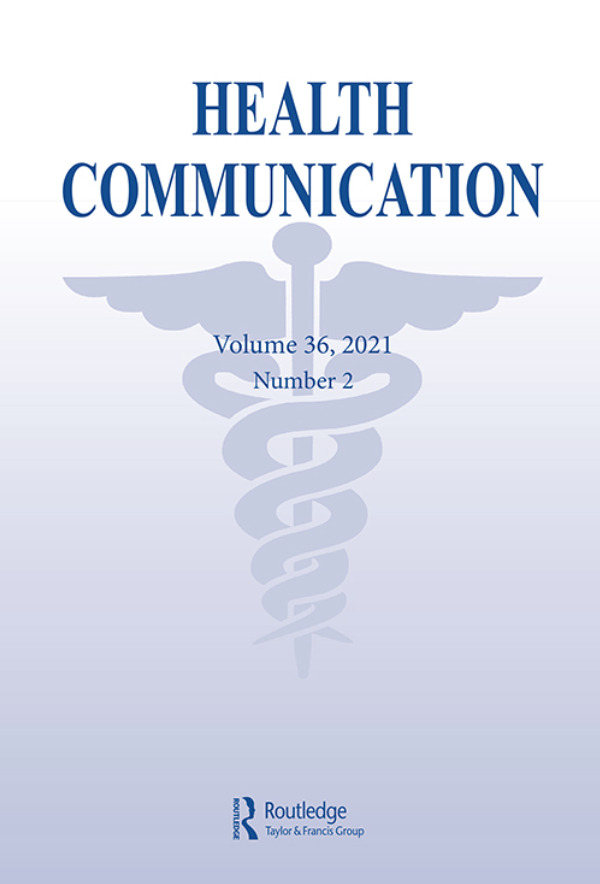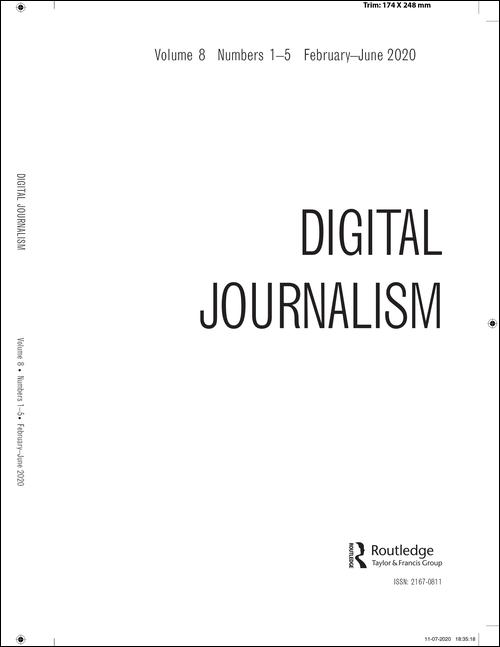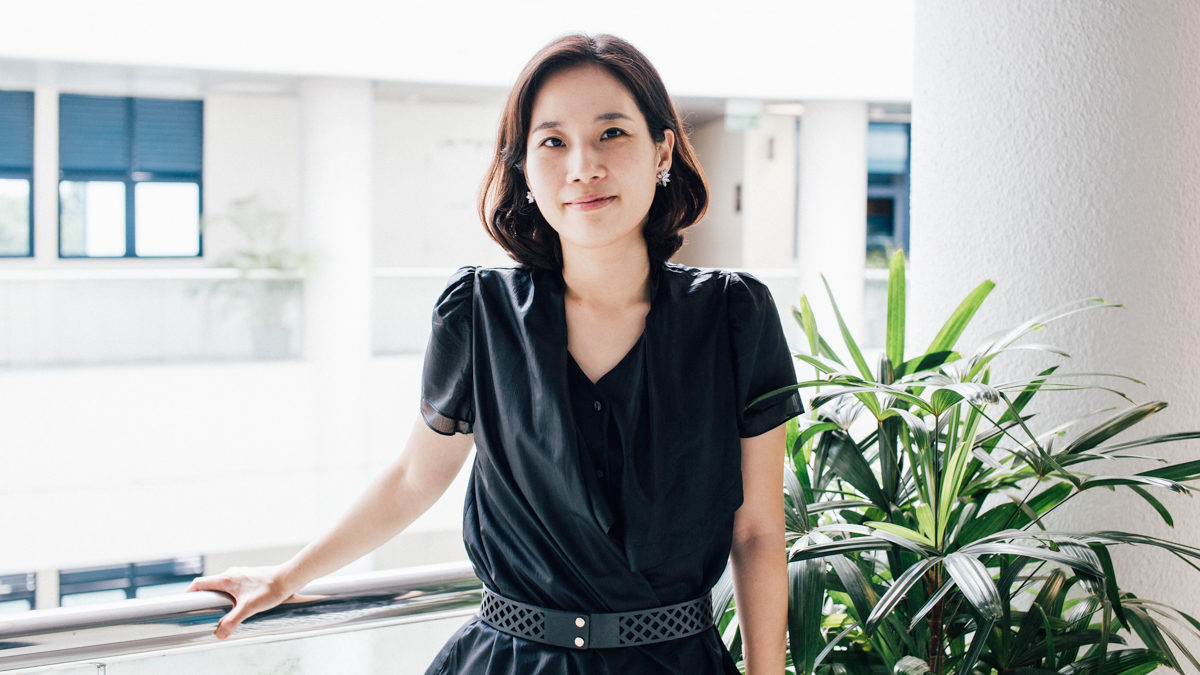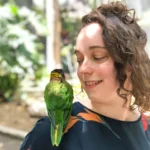People In This Story

Departments In This Story

Research by Northeastern University’s Myo Chung, Assistant Professor in the School of Journalism, was recently published in two top-tier peer-reviewed journals in the field of communication: Health Communication and Digital Journalism.
The first paper, published in Health Communication, is entitled “When Health Organization Answers the Question: Differential Effects of Dialogic Messages in Website and Twitter through Social Presence and Psychological Distance.”
 It extends research on dialogic communication in several ways, examining how people feel and react when health organizations interact with them online during a public health crisis. Chung’s paper, co-authored by Young-shin Lim, found that the effect of dialogic communication varies across message platforms (i.e. website vs. Twitter). This study was conducted in the context of the Norovirus public health crisis, but the findings can also be applied to today’s current context of COVID-19.
It extends research on dialogic communication in several ways, examining how people feel and react when health organizations interact with them online during a public health crisis. Chung’s paper, co-authored by Young-shin Lim, found that the effect of dialogic communication varies across message platforms (i.e. website vs. Twitter). This study was conducted in the context of the Norovirus public health crisis, but the findings can also be applied to today’s current context of COVID-19.
Second, Chung’s paper entitled “When and How User Comments Affect News Readers’ Personal Opinion: Perceived Public Opinion and Perceived News Position as Mediators” was published in Digital Journalism. The piece, co-authored by Eun-Ju Lee and Yoon Jae Jang, presents two experiments that investigated when and how user comments on news websites affect individuals’ personal opinion – aiming to extend the existing literature in this area in several respects.
 First, they tested two competing, albeit not mutually exclusive, explanations: consensus heuristic (people infer public opinion from user comments and conform to it) and media influence (people assimilate the news position to user comments and accept it). Second, to evaluate if user comments are treated differently as a special form of information, they compared user comments in the comments section with those quoted in a news article. Third, they further explored what cognitive processes might underlie different reactions to mediated versus unmediated user comments. Read the full paper and its conclusions here.
First, they tested two competing, albeit not mutually exclusive, explanations: consensus heuristic (people infer public opinion from user comments and conform to it) and media influence (people assimilate the news position to user comments and accept it). Second, to evaluate if user comments are treated differently as a special form of information, they compared user comments in the comments section with those quoted in a news article. Third, they further explored what cognitive processes might underlie different reactions to mediated versus unmediated user comments. Read the full paper and its conclusions here.
Professor Chung’s research and teaching focuses on how the emergence of new media has changed journalism and strategic communication. She is particularly interested in how online participatory behaviors such as commenting, liking, and sharing affect audiences’ processing of news or other mediated messages, and how to make messages more persuasive and effective in the digital era. Her research also explores how non-profit organizations, particularly advocacy groups, can strategically use media to amplify voice, mobilize support for social changes, and engage target audiences in a call-to-action.





